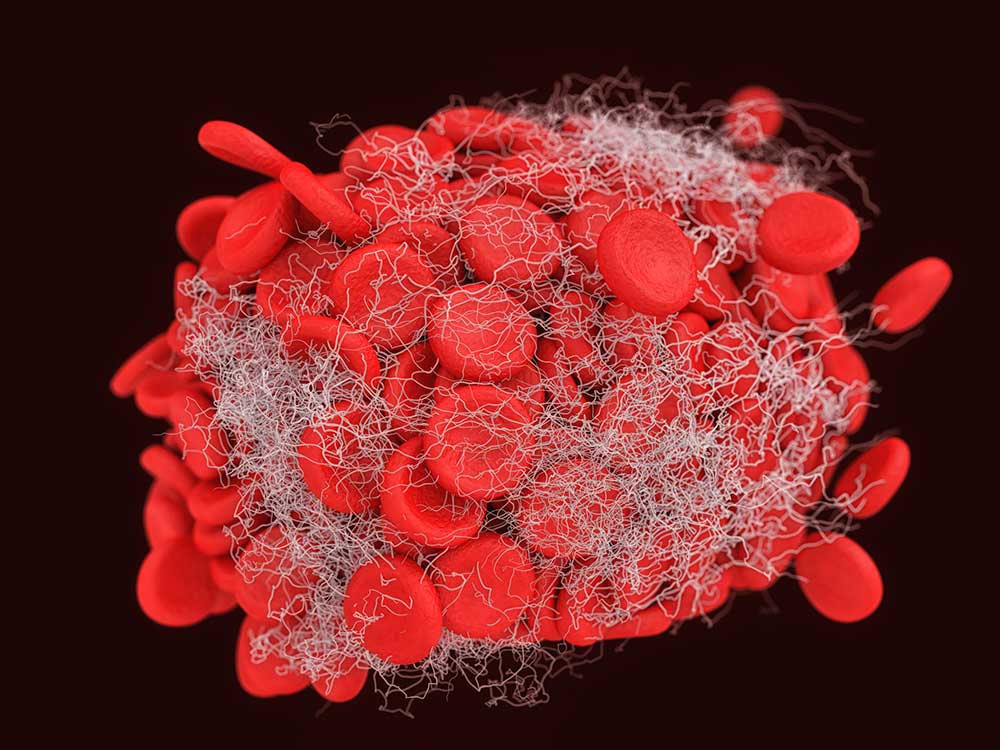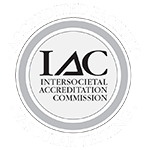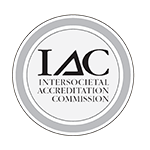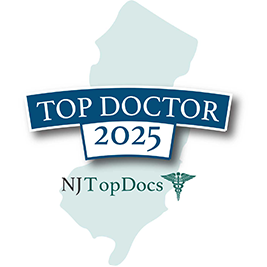
An arterial blood clot can be quite serious, as it can block blood flow to major organs such as the heart or brain. While blood clots usually go away on their own, there are times when they will not dissolve naturally. Depending on the location of the clot, the condition can cause problems and you may need treatment.
To protect your health, it is important to be familiar with the symptoms of the condition and know when to seek treatment. This will require that you learn a few basics about arterial blood clots.
Here's part of what you should know.
What is an Arterial Blood Clot?
Arterial blood clot is also known as arterial thrombosis. Just as the name suggests, this occurs when a blood clot forms inside an artery. Arteries are a type of blood vessels that are responsible for transporting blood rich in oxygen and nutrients from the heart and deliver it to various tissues and organs.
When a blood clot forms, it can get stuck in the artery and block the blood vessel. This will in turn interrupt, limit or largely obstruct blood flow to an organ or body part, something that may result in tissue damage or death in the affected area.
How is it Different from Venous Blood Clots
The main difference between arterial blood clots and venous blood clots is the blood vessels in which the clots form. While arterial blood clots affect the arteries, venous blood clots form in the veins, the blood vessels that carry blood towards the heart. When the clots develop in a vein located deep inside the body, this is known as deep vein thrombosis (DVT).
The composition of arterial blood clots is different from those that form in the veins. Although both contain platelets and fibrin, arterial thrombi are richer in platelets while venous thrombi are mainly composed of fibrin fibers.
Causes of an Arterial Blood Clot
Now that you know what an arterial blood clot is, you will want to learn what causes it. Generally, blood clots form when certain parts of your blood thicken and form gel-like clumps. Oftentimes, this happens when the walls of the arteries are damaged by atherosclerosis. Fats, cholesterol and other substances build up on the artery walls over time, eventually causing the blood vessels to harden and narrow.
The fatty material, which is known as plaque, will not only block blood flow but may also rupture, leading to a blood clot.
Risk Factors for Arterial Blood Clots
Arterial blood clots can affect anyone at any age. However, some people are at a higher risk of developing the clots. Risk factors for arterial blood clots include:
- Smoking
- Excessive alcohol consumption
- Poor diet
- Family history of blood clots
- Other health conditions such as high blood pressure, diabetes and high cholesterol
- Medications that disrupt the normal blood clotting process. These include birth control pills and hormone replacement therapy.
- Lack of physical activity and obesity
- Pregnancy
- Surgery
- Older age
Diagnosis and Treatment
If you suspect you have an arterial blood clot, you should visit a vascular doctor. To make an accurate diagnosis, your doctor will conduct a physical examination, ask about your medical history and may order imaging and laboratory tests.
Once the doctor has made a diagnosis, they will recommend a suitable treatment plan. This will depend on the circumstances leading to the clot and the specific part of the body it affects. Common treatment options include:
Medications: Your doctor may prescribe blood thinners to help dissolve the clot and keep your blood from clotting easily. If the clot is in a critical area, the doctor may prescribe clot-busting drugs.
Surgery: Depending on the size and location of the clot, your doctor may recommend surgery to remove the clot, widen the affected artery or divert blood around a blocked artery.
Behavioral Changes: In some cases, treatment will involve behavioral and dietary changes that will help to reduce the plaque in the blood vessels.
Have you experienced any of the symptoms of an arterial blood clot? Get immediate medical help. At The Cardiovascular Care Group, we have top rated and experienced vascular specialists who are committed to providing you with the best treatment options.
Contact us today to schedule an appointment.







_2.jpg)